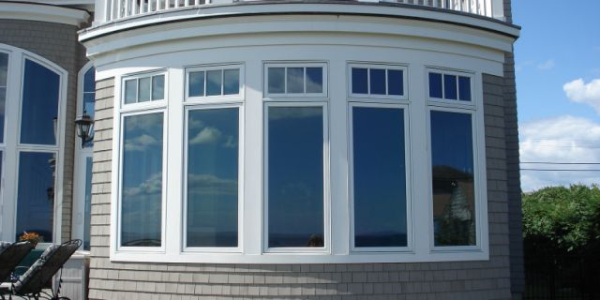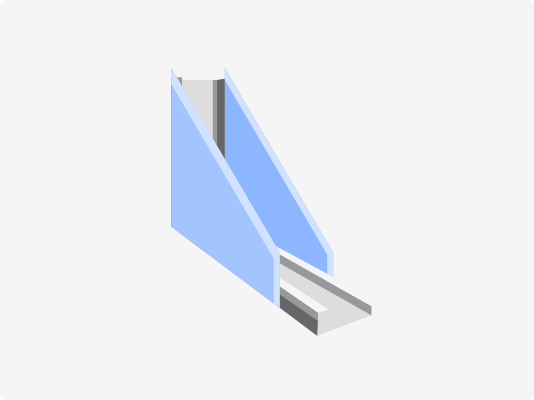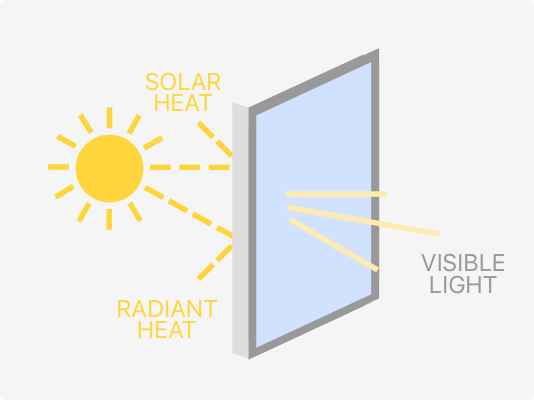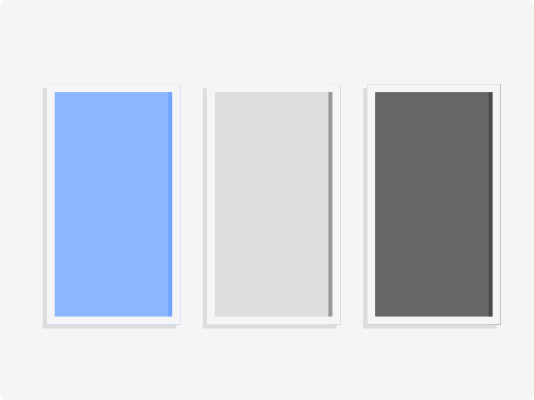
Window Film
(23,888 projects)
When applied to the interior of a home's windows, tints can reduce the amount of UV light, infrared, heat, and glare entering a home. Additionally there are also different tints made out of different materials depending on what you want your tint to accomplish. This can mean a dyed, metalized, carbon, or ceramic film being applied to your windows (2). Otherwise window tinting can perform many different tasks for your home.
Back to top
For many windows, you can easily apply a film over the surface to create a new ability for the glass to posses. So home window tinting can be added to most glass panes in your home. You can expect window tinting to cost about $5 - $8 dollars per square foot, or roughly an average of $600 (3). Otherwise depending on how many windows you have in your home, a larger job might cost around $1,200. Homes without so many windows can go as low as $100 to be fit with tinting.
Back to topTo get the most out of your glass, consider adding window film. The act of putting up window film can even be a cost effective DIY project (4). These types of films can block out harmful radiation, keep energy costs low, and increase the lifespan of your windows. Additionally it can add value to your home should you ever be looking to sell.
Back to top
One of the primary benefits of shading a window is the ability to save you money on heating and energy costs. These are generally best used in regions that have long cooling seasons, as they can block the sun's heat during the course of the winter (5). Moreover, the window glazing can also change the color of your glass, allowing it to match your home's exterior paint more (6). While it can certainly lower heating costs for your home, there are several factors that may affect the tint's ability to do so. The following factors may come into play (7):

The reason so many homeowners elect to have window tinting done is because the service pays for itself in terms of protection over the years. Protection for your glass, your home furniture, and any walling flooring that sees a lot of sunlight. There are many benefits, but the main ones are as follows (8):
There are a lot of excellent reasons to have window tinting in your home. If you notice the insulation in your home isn't quite cutting, certain films may insulate the window panes. Window film might also reduce cold or hot spots in terms of home temperature. As mentioned before, it cuts down or ultraviolet radiation and glare (9).
Back to top
There is also a range of shading when it comes to home tinting windows. The way most companies label their tint products is slightly confusing, but this guide can sum it up. The number and percentage of each different degree of tint is actually the amount of sunlight that the tint will allow through. Therefore a 50% tint will allow for half of the total sunlight to shine through. This also means that a tint of 5% only allows five percent of the sunlight into the room, which is why it's the darkest tint available. Otherwise the tinting process usually breaks down into (10):
Enter service and
zip code to view
cost breakdown